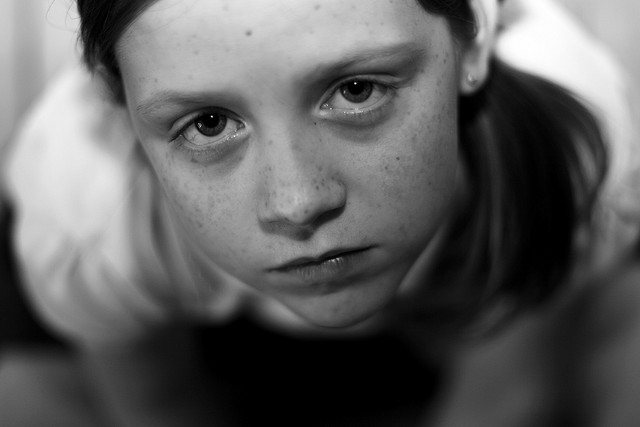
25 Sep Childhood Trauma and ‘Tough Love’ Don’t Mix
It’s widely known that many people who have substance abuse issues are the victims of childhood trauma. People with childhoods characterized by stress and strife are much more likely to develop drug and/or alcohol addictions than those who have not. These unfortunate circumstances can result in childhood behavioral problems, poor grades in school, and mental disorders. In a direct correlation, the more variety of stressors, the more likely a person is to develop a problem with drugs. Physical abuse and neglect can result in addiction and are horrible forms of mistreatment, but it has been found that emotional abuse, such as chronic humiliation, is 15 percent more destructive. Clearly, victims of abuse that turn to drugs and alcohol are seeking refuge from humiliation and abuse. This begs the question, is the ‘tough love’ approach to overcoming addiction effective when those seeking help are often using drugs to escape such humiliation in the first place?
Confrontational therapies, or attack therapies, often heralded as ‘tough love’, involve many disturbing practices that involve humiliation tactics. Patients are often “broken down” by being verbally abused by therapists or other patients and confronted about the sins of their past or their flaws as a person. This is believed by those who implement such techniques to be a necessary practice which allows the patient to be built back up with the ideals and values which are necessary for recovery. Other controversial practices that have taken place at some of these rehabs involve the surveillance of calls, censoring of information, not allowing patients to speak for days at a time, being made to lay down in the dirt outside, wearing clothing inside out, and limiting what patients can read or what music they can listen to. It turns out, these techniques do not work.
In fact, these types of methods actually increase a person’s chances of relapse, and not one study has yielded any evidence of efficacy in these types of programs. Children of abuse often grow up to have poor self-esteem. When a person has a negative perception of themselves, these techniques are especially detrimental and create more problems in the long run. They are much more likely to drop out of the program, without any of their problems solved, and are more likely to return to using. Their issues have only been exacerbated.
So what does work? a sober living facility that promotes self-love and acceptance. Having a social support system that provides security, compassion, and understanding is the key to recovery. At Florida Recovery Group, our Delray recovery center offers a safe and friendly environment where people can work on overcoming addictions free of judgement and stress. We offer sober living housing, outpatient substance abuse treatment, and job placement services. If you or someone you know is suffering from addiction, please contact us at 561.330.4688 or send us a message.





